The child of a
lesbian couple living in Vermont is eligible to share
in his nonbiological mother's Social Security
benefits, the Justice Department stated in a formal
memorandum opinion issued on October 16, 2007, and
made public only last month. "The Defense of Marriage
Act would not prevent the nonbiological child of a
partner in a Vermont civil union from receiving
child's insurance benefits under the Social Security
Act," the decision read.
The two women,
known only as Karen and Monique, entered into a civil
union in Vermont in 2002. In 2003, Monique gave birth to
their first child, a son named Elijah. Karen, who is
listed on Elijah's birth certificate as his
"second parent" in accordance with Vermont
civil union law, became eligible for Social Security
disability benefits in 2005. Soon after, she filed an
application that, if approved, would grant
'child's insurance benefits' to Elijah
under Karen's plan.
The application
soon hit a federal roadblock, however. The Social
Security Administration was stumped: Could the Defense of
Marriage Act, which prohibits federal recognition of
same-sex marriages, disqualify Elijah from
receiving his nonbiological mother's insurance
benefits?
For an answer,
the Social Security Administration turned to the Justice
Department's Office of Legal Counsel. Deputy Asst.
Atty. Gen. Steven A. Engel, author of the
memorandum, took a different look at the issue. To
decide whether or not Elijah was eligible for Karen's
benefits, the Office of Legal Counsel first had to
decide whether or not he was legally Karen's
child.
Engel used the
Social Security Act to review "how the relevant State
would define the parent-child relationship for purposes of
inheritance law." Looked at this way, Vermont
law dictated that Elijah, as Karen's heir, was
most certainly her child.
Engel went on to
compare Karen and Monique to heterosexual families in
similar situations. "Courts have regularly found that
a child born by artificial insemination should be
deemed to be the child of the husband, even if there
is no biological connection." (Hannah Clay Wareham,
The Advocate)







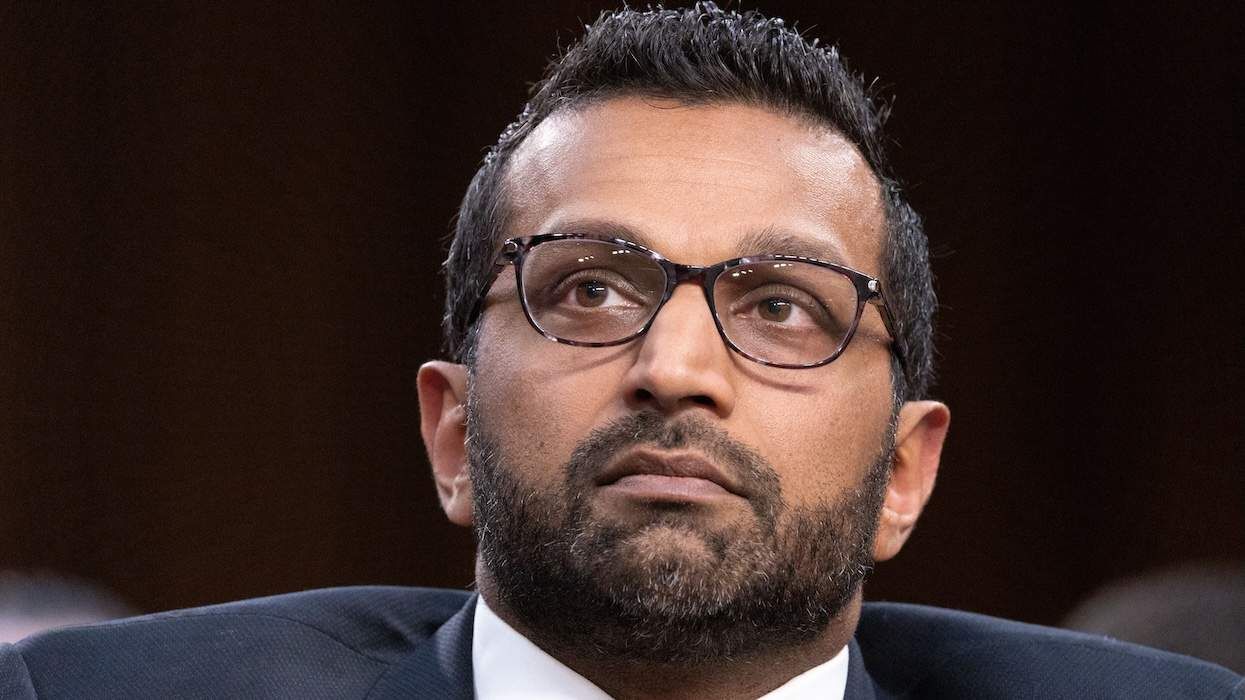
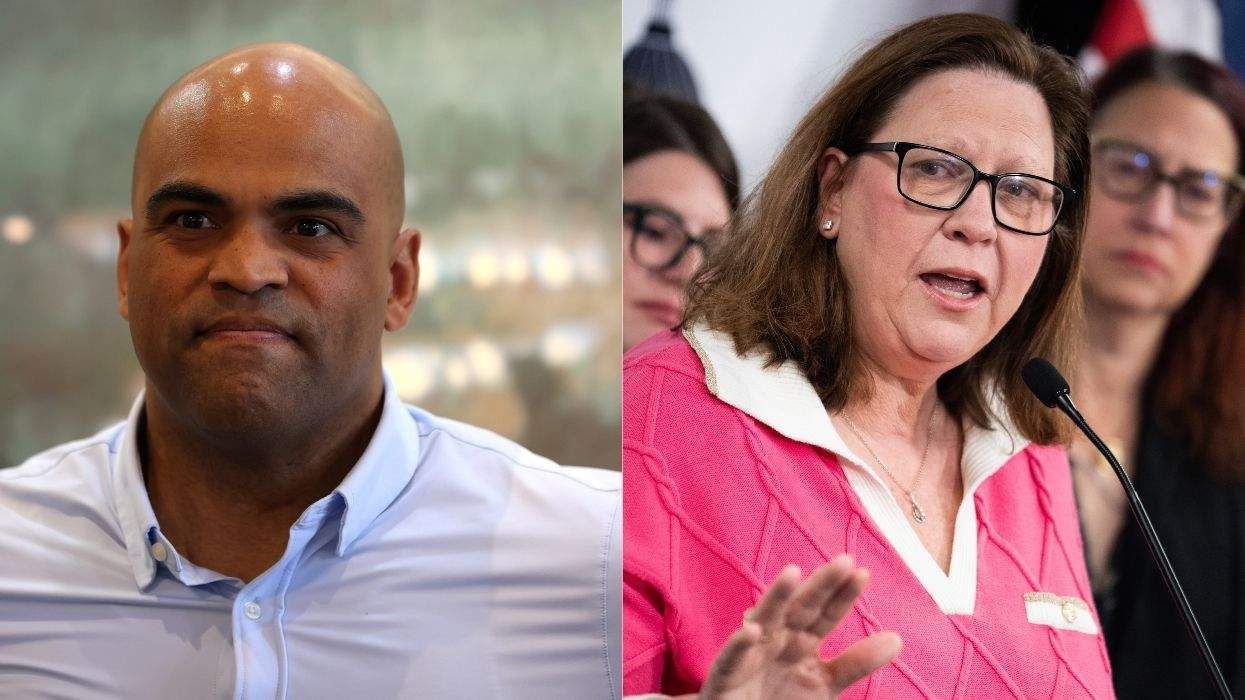
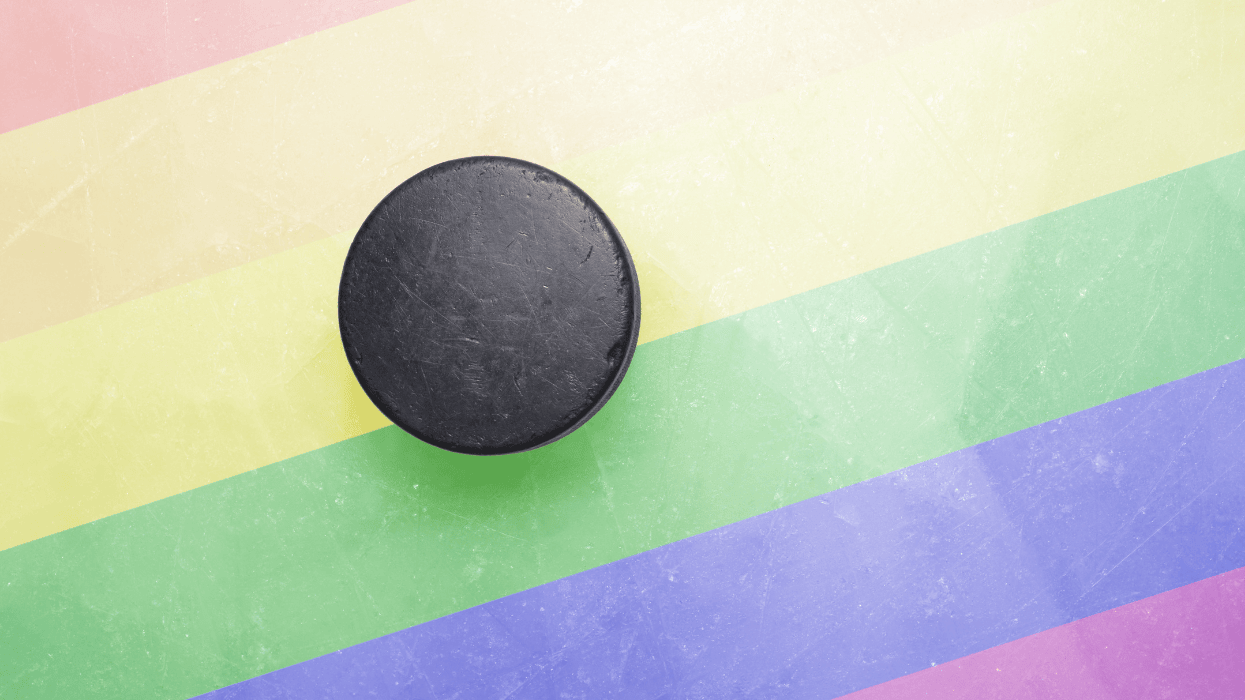
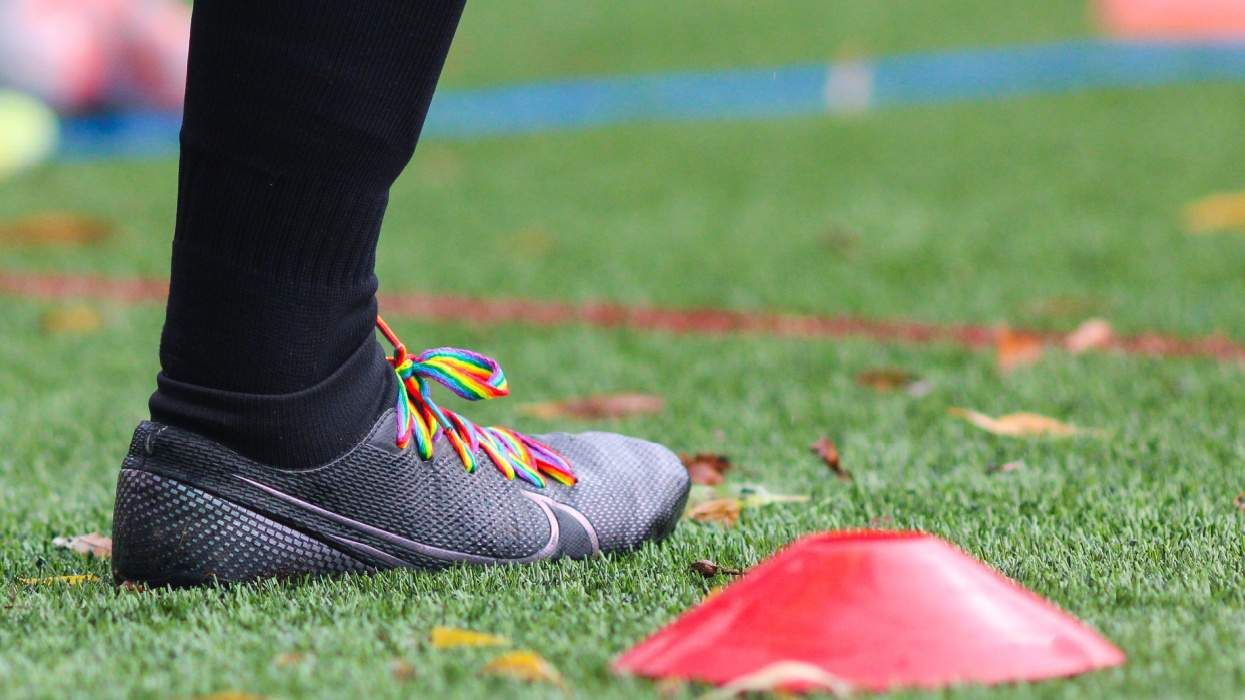
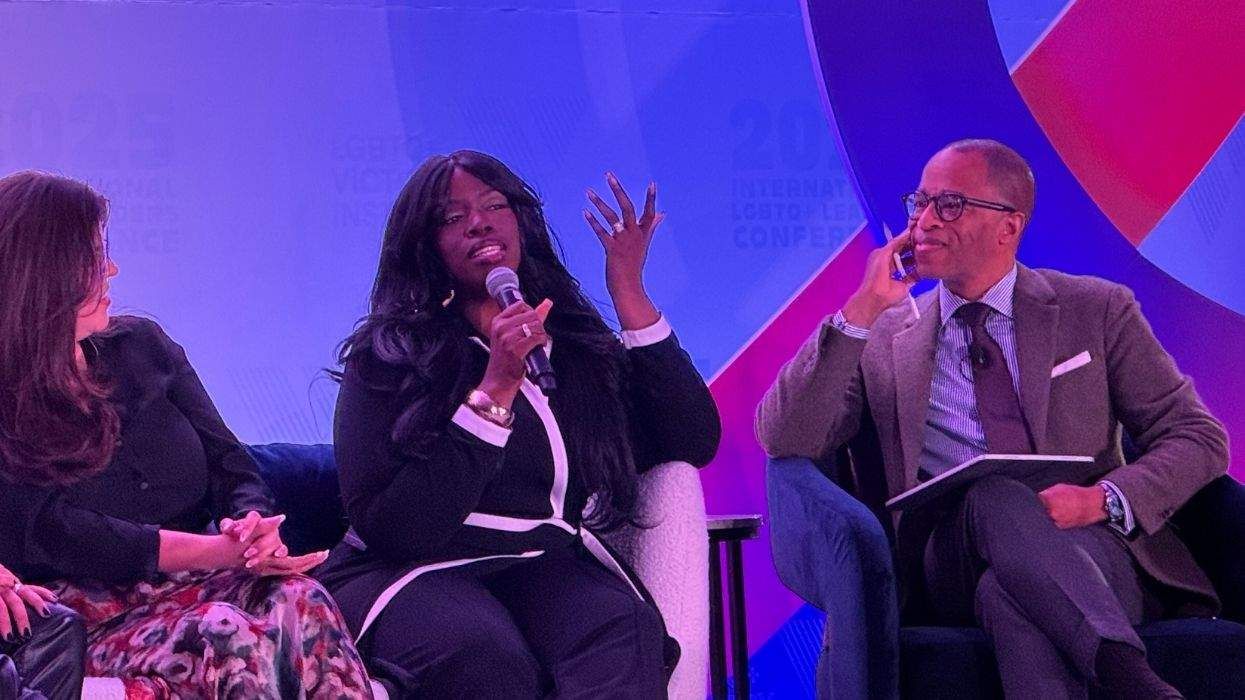
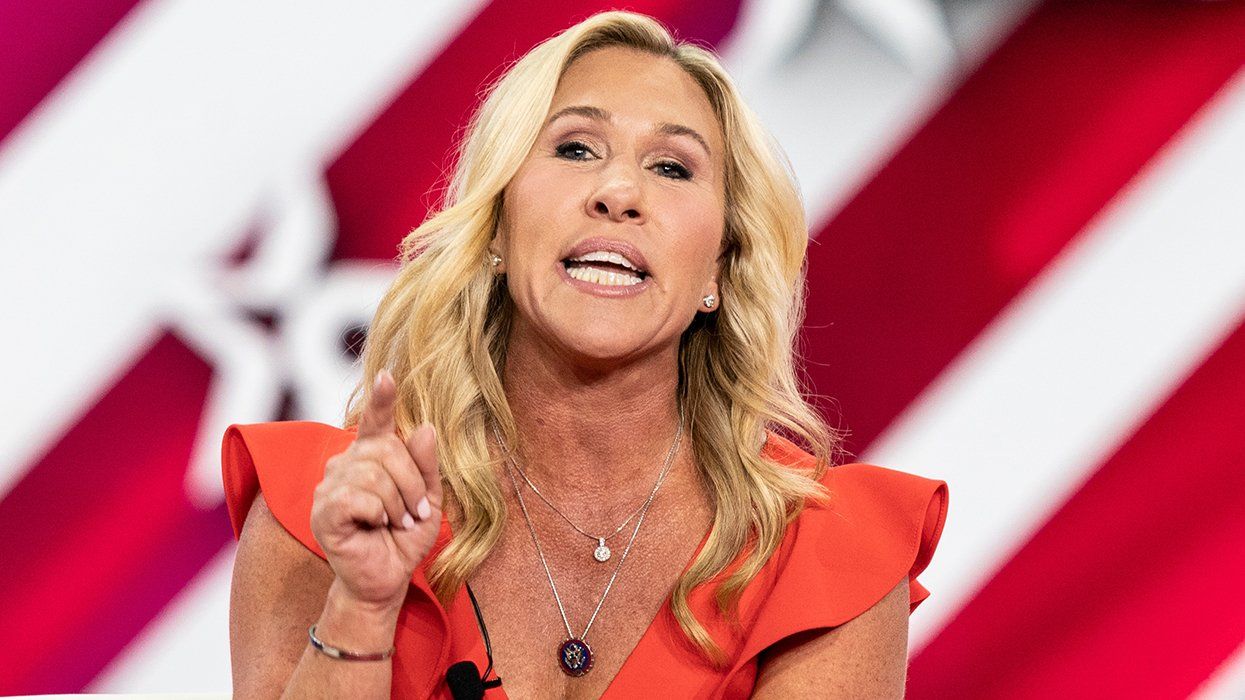
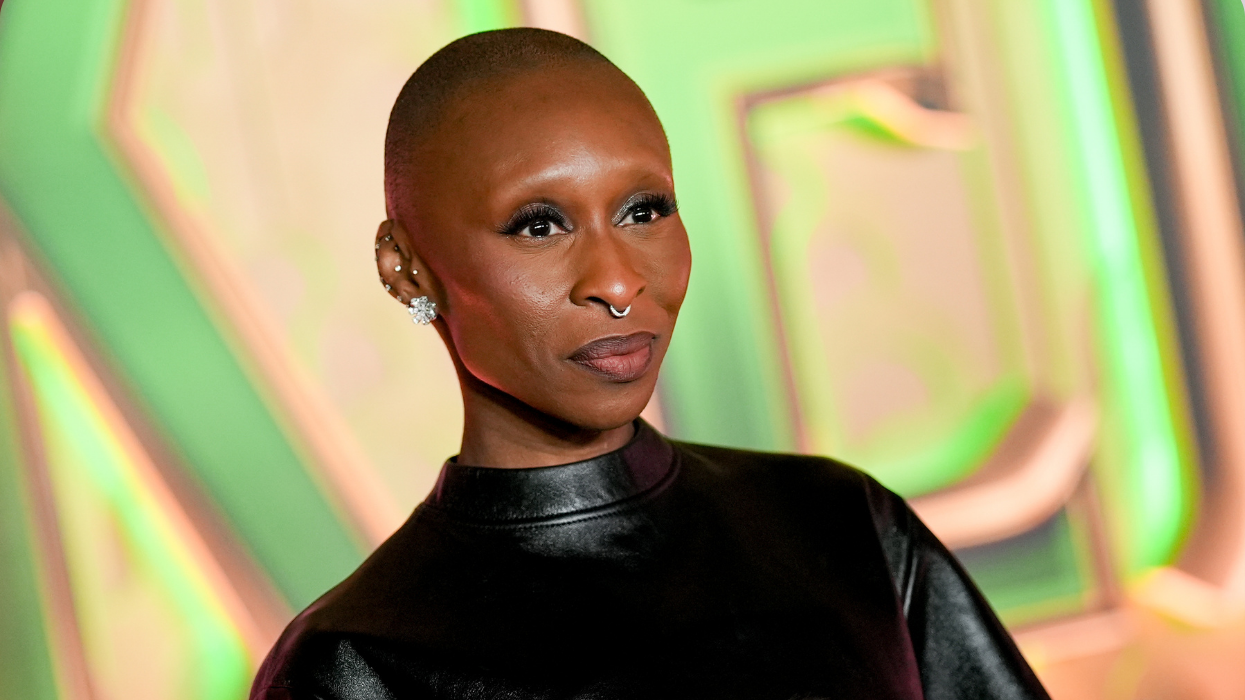

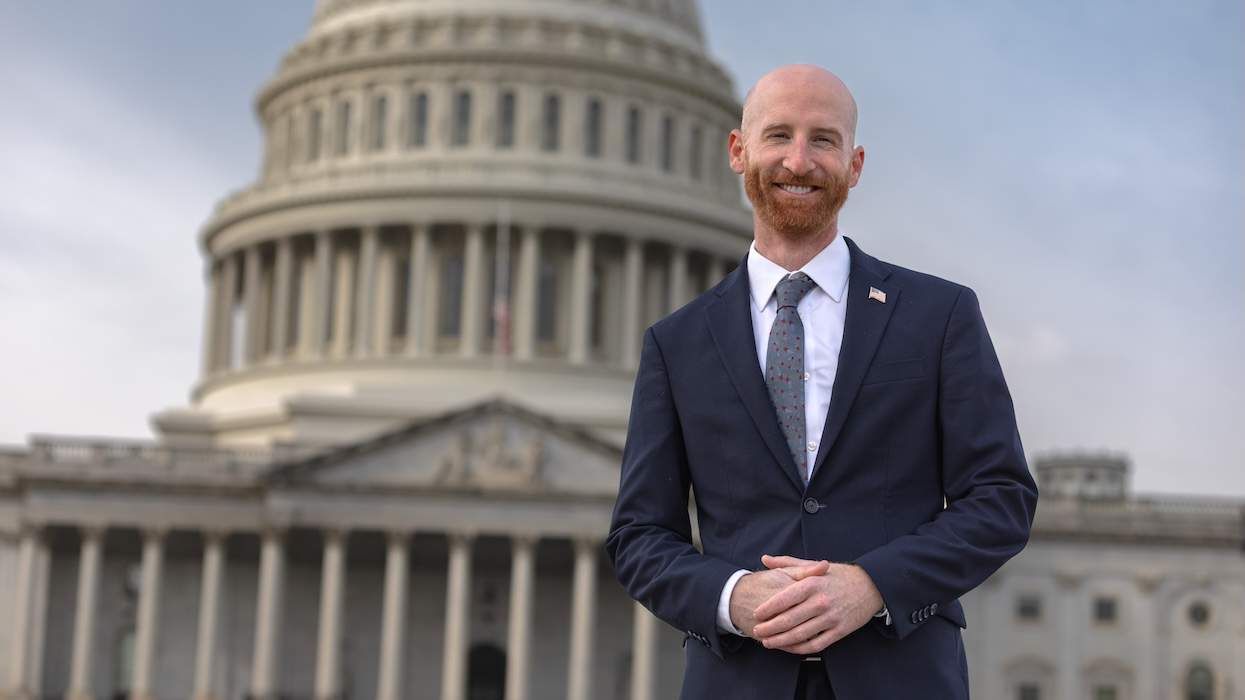
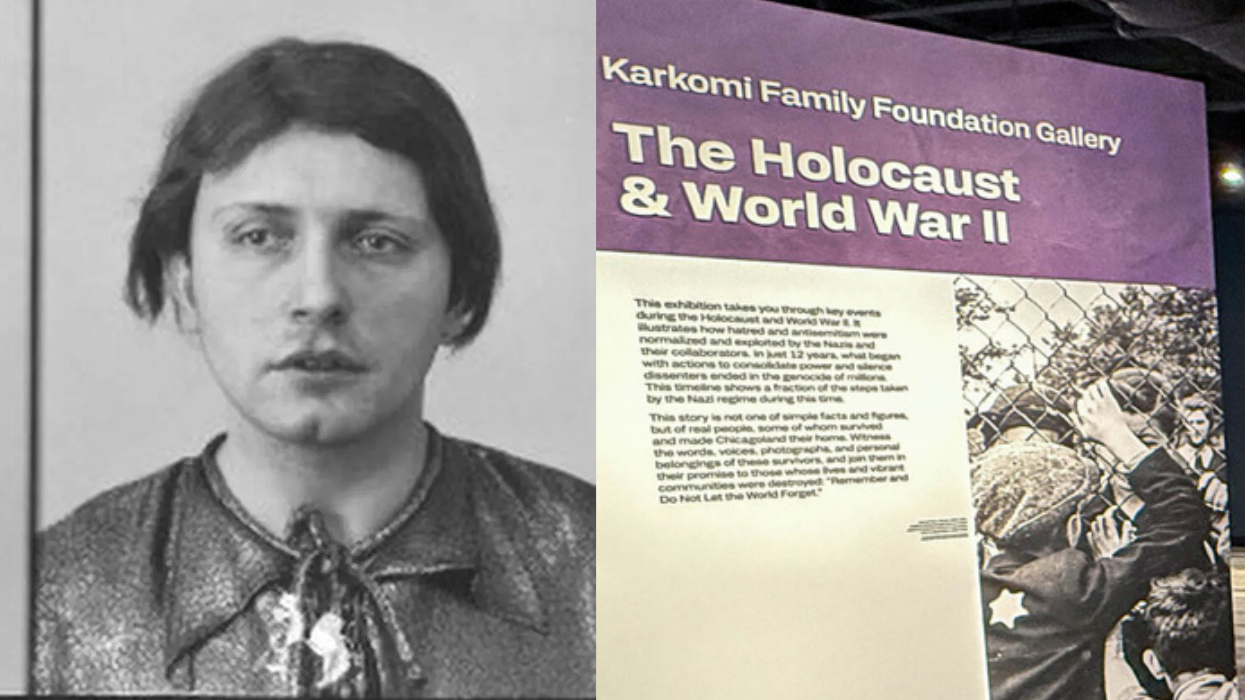



















































Charlie Kirk DID say stoning gay people was the 'perfect law' — and these other heinous quotes